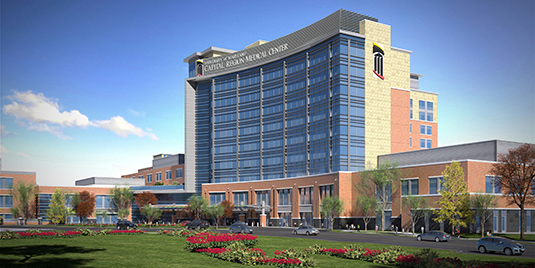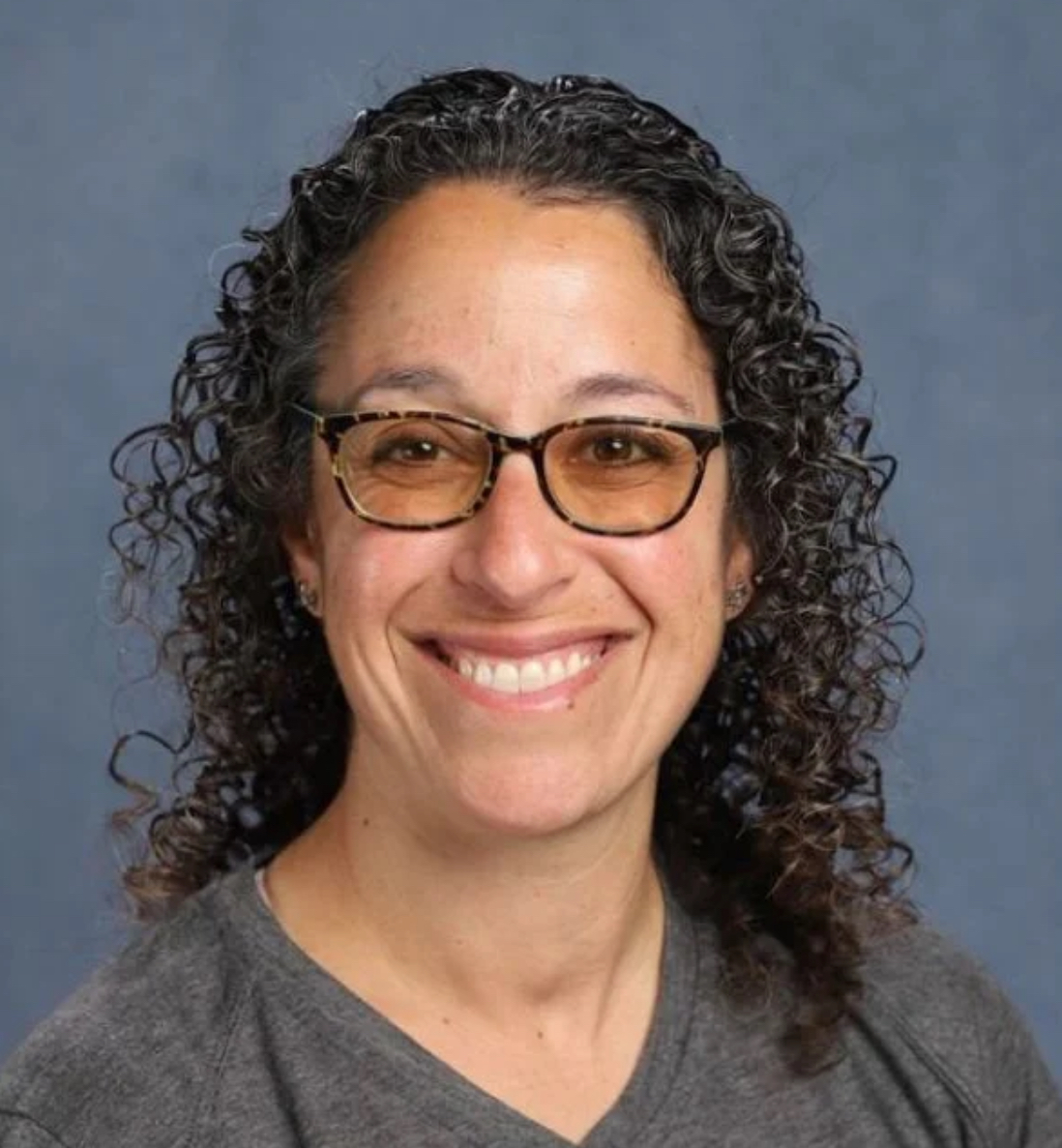
Per UM Capital Region Health (UM Capital):
UM Capital Region Health is committed to supporting our workforce and caring for our communities, and we are proud to serve the people of Prince George’s County. During the last month, UM Capital has seen a sharp increase in COVID-19 cases, substantial boarding in our Emergency Departments and significant staffing shortages.
The current demand for care is depleting our available resources, including staffing, which is why today, UM Capital Region Medical Center, UM Bowie Health Center and the Emergency Department within UM Laurel Medical Center—all part of UM Capital—are declaring a hospital emergency (disaster) and implementing crisis policies, procedures and processes—referred to as Crisis Standards of Care (CSC).
“COVID-19 has created the necessity for health care organizations to be nimble and vigilant in fighting this pandemic. This is not a decision we made lightly and is one that was made after exhausting all other avenues to address issues that are challenging our operations,” said Trudy Hall, MD, UM Capital Vice President and Deputy Chief Medical Officer. “CSC is a necessary step to address the needs of our patients and team members, given the current circumstances.”
The University of Maryland Medical System (UMMS) partnered with Johns Hopkins Medicine to establish an approach for how our hospitals move to CSC, in line with recommendations from the National Academy of Science, Engineering and Medicine (NASEM). Moving forward, these criteria – which have been presented to the State – are being used to determine how any of our hospitals activate CSC. UMMS and Hopkins have also worked together to consider all the regulatory implications of such a move.
Taking this action will enable UM Capital to care for the increasing number of patients in the most safe and effective way during this crisis. A few of the changes under CSC protocols may include streamlining processes, modifying surgical schedules consistent with Gov. Larry Hogan’s recent orders, simplifying documentation, and redeploying staff. Implementing CSC protocols allows the flexibility to increase access to care for to those that need it most and enables the hospital to care for as many patients as possible with available staffing.
Nathaniel Richardson, Jr., President and CEO, UM Capital Region Health, said, “We are doing everything possible to ensure the safety of our patients and team members during this very difficult time. I ask that everyone have patience and that you keep our health care workers in your thoughts.”
“Our priority is patient care, and we are taking the necessary steps to ensure our continued ability to treat all patients while supporting our workforce as they deal with extraordinary pressures,” said David Marcozzi, MD, UMMS COVID-19 Incident Commander and Professor of Emergency Medicine at the University of Maryland School of Medicine. “This crisis designation allows the communities we serve to transparently understand the challenge we are facing so all of us can work to mitigate the effects of COVID-19 and more of us can stay healthy.”
Enacting CSC protocols also allows the hospital to manage expectations within our community about the reality of what our hospital is currently experiencing, how that may impact patient care and what measures individuals can take to reduce the burden on our hospital.
“Hospitals across the county are experiencing a rapid surge of COVID-19 patients, which is very concerning,” said Prince George’s County Health Officer Dr. Ernest Carter. “These actions will help keep our community members as healthy as possible. I cannot stress enough the importance of vaccinations, including a booster for those who are eligible, and vigilantly following safety protocols such as masking, hand washing, and testing. In addition, I urge residents to keep New Year’s gatherings small and among people who are vaccinated and boosted.”
Crisis Standards of Care give legal and ethical guidelines to health care providers when they have too many patients and not enough resources to care for them all, The Associated Press reported.
Recent Stories
FEST OF SPRING Caribbean Wine Food & Music Festival
Get ready to experience the vibrant colors, tantalizing flavors, and infectious rhythms of the Caribbean at the FEST OF SPRING Caribbean Wine Food & Music Festival! Hosted by RHU LLC, this exciting festival is set to take place on May 18, 2024, at the picturesque 16700 Barnesville Rd in Boyds, MD.
Step into a world where the Caribbean spirit comes alive! From 12:00 PM onwards, immerse yourself in a sensory journey that celebrates the unique culture, cuisine, and music of the Caribbean. Whether you're an African American, a Reggae or Soca music enthusiast, a wine lover, or part of the vibrant Caribbean diaspora, this festival promises to delight and captivate you in every way.
Let the enticing aromas of mouthwatering Caribbean dishes tantalize your taste buds. Feast on traditional delicacies prepared by expert chefs, showcasing the rich and diverse culinary heritage of the Caribbean. Indulge in flavorful jerk chicken, succulent seafood, and delectable plantain dishes that will transport you straight to the islands.
Accompanying the culinary extravaganza is a carefully curated selection of premium wines, ensuring the perfect pairing for your palate. Sip on fine wines from renowned vineyards, each sip a reflection of the Caribbean's vibrant spirit. Discover new flavors, expand your wine knowledge, and savor unforgettable moments with every glass.
As the sun sets, get ready to groove to the infectious rhythms of Caribbean music. Feel the pulsating beats of reggae, soca, dancehall, and calypso, moving your body to the lively melodies. Live performances by talented musicians and performers will keep the energy high, ensuring a night of unforgettable entertainment.
Don't miss this opportunity to embrace the Caribbean spirit and celebrate the arrival of spring in style! Tickets are available on AllEvents, so secure your spot today. Join us at the FEST OF SPRING Caribbean Wine Food & Music Festival, where cultures collide and unforgettable memories are made.
LIVE PERFORMANCES By: CULTURE Feat. Kenyatta Hill, EXCO LEVI, IMAGE BAND, RAS LIDJ REGG'GO with Special Guest SUGAR BEAR FROM E.U. & MORE! & MORE!
MUSIC By: DJ ABLAZE, DJ SMALLY & NAJ SUPREME
2 NIGHT Camping packages available: RV/CAMPER $200 | TENTS $150 Starting on Friday May 17 @ 5pm | 30 RV SPACES | 30+ TENT SPACES
KIDS 12 & UNDER FREE!!!






